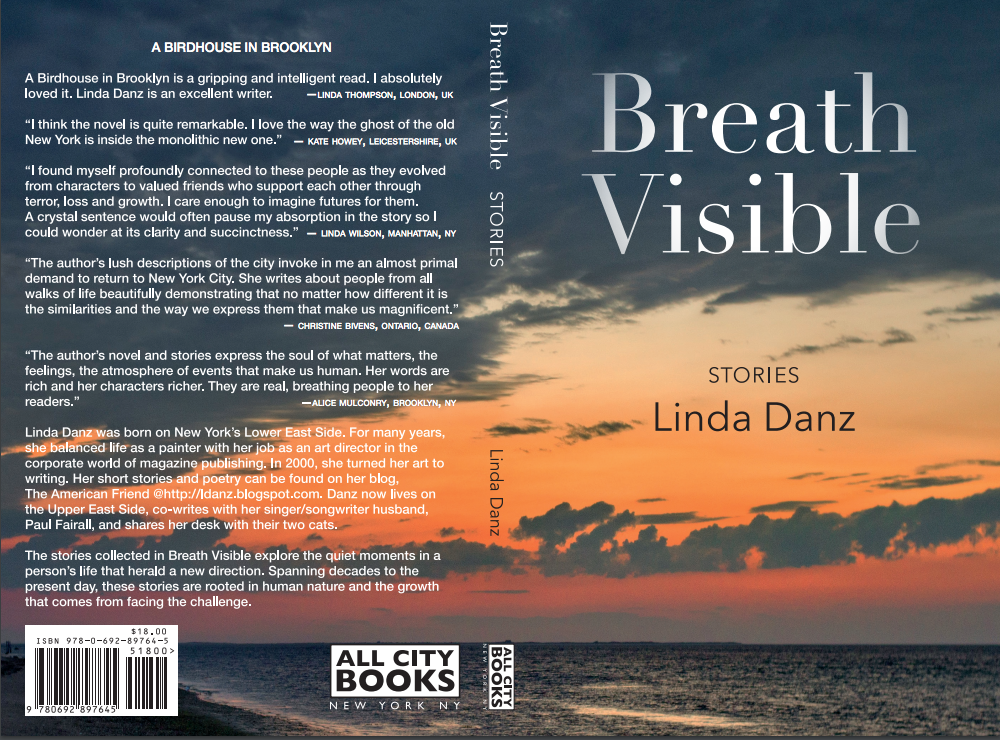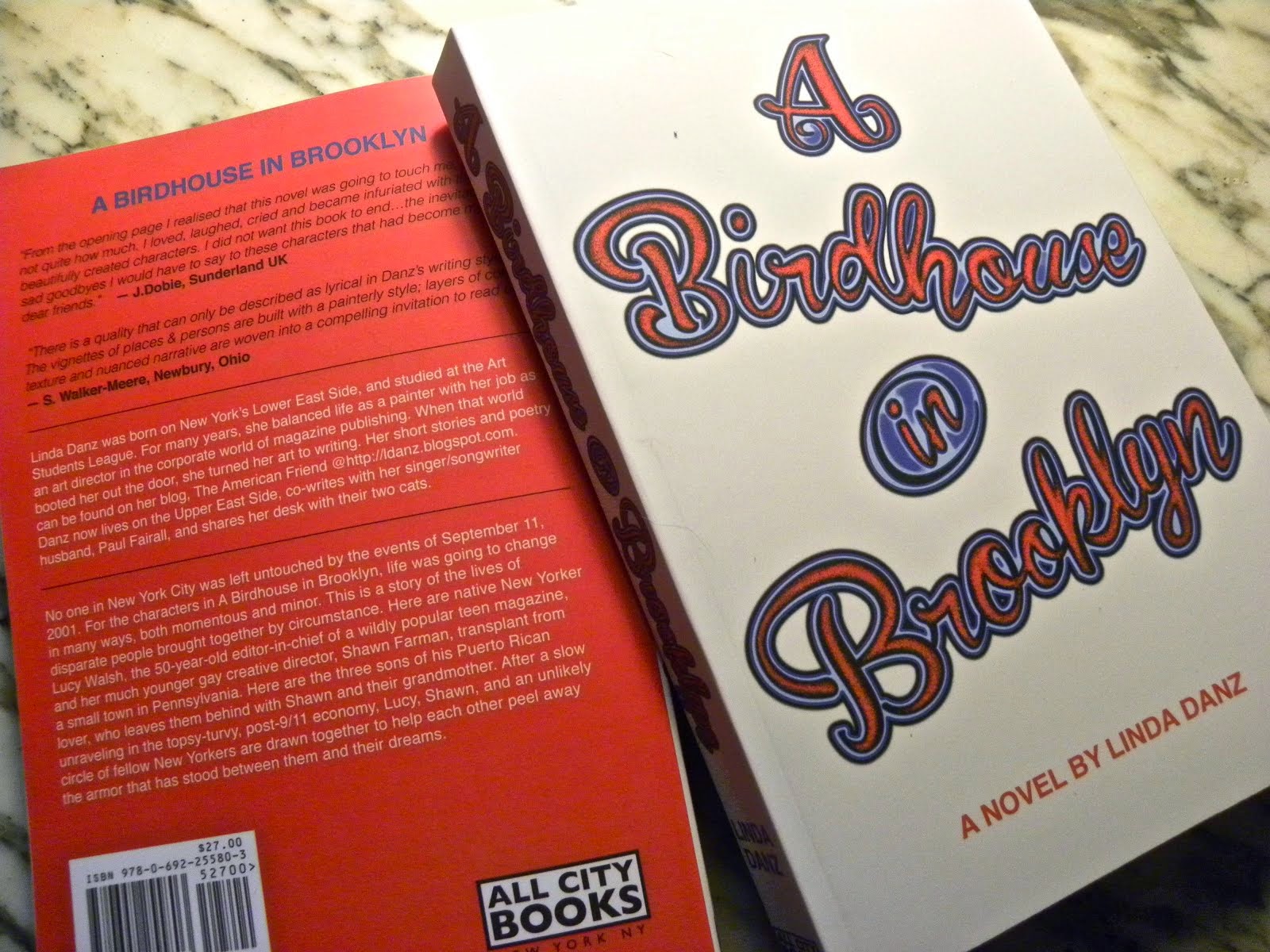
“Let us go in; the fog is rising.”—Emily Dickinson
SHOULD I STAY OR SHOULD I GO?
This morning I woke in a haze of despair, not the great, meaningful despair that reflects the greater injustices on and to the planet, but the kind that comes from dark, smaller and more personal places all at once, the kind that says, “Remember us, the unfinished business? Well, we have regrouped and decided it’s time for you to attend to us, once and for all.”
Instead of heeding their collective nag—heeding the poet to go ‘inside’—I did what I usually do as I get ready for the day: feed the cats, make the bed, slip on my unfashionable running gear, check my e-mail and log onto fb. Immediately I saw that someone had posted a youtube of a Clash song: “Should I Stay Or Should I go?” Well, I thought, that’s fortuitous, considering a recent conundrum.
Should I stay or should I go? Exactly the kind of question I have asked myself when life’s spasmodic reminders tell you that you haven’t been exactly honest, or that you have allowed dishonesty from another; at those forks in the path of destiny that trip you up and prick like a bastard.
Should I stay or should I go? A question often asked in an unhealthy first marriage, a soul-sucking job, a tenuous friendship, an endeavor—either singly or in collaboration—that stalls. Should I stay or should I go from any personal creative endeavor? In the past, as a painter, I labored over canvases that should never have seen the light of day. Presently I am more attuned to the signs and if a short story in progress feels forced I can put it aside. Start another that flows more freely. I don’t have to see everything to a conclusion. Or do I?
How about Facebook, the time I spend in that arena of aphorisms and misunderstanding? Is it time to go? I don’t want to see the names of politicians I abhor inserted into jokes that are as crass as the ones their side tells. Just how many pre-packaged riffs on motherhood, childhood, sluts, husbands and lovers, bitchiness, alcoholism, and backstabbing friendships can a person take on? Not to mention the feel good axiom that every day is a new day. Yes, of course it is.
A very good friend of mine told me recently that when she was a child her mother had taught her that people who resort to sarcasm can’t offer reason and rational discussion with a point of view. “Sarcasm is the weapon of the unarmed,” she said.
Now, I used to be one of those hooked on sarcasm, as I mistakenly qualified it as wit. When I began to wean myself from that churlish habit I found, in so many instances, that I had nothing to say. What did that tell me? Well, it told me a lot. It told me I had to be better informed. It told me I had to listen. It told me I had to learn a better language to communicate a better thought. It told me that every time I went outside of that commitment I stood the chance of being misunderstood. It told me that if I was to continue in an effort to remain virtually connected with people I have come to admire and respect that I had better create an alter ego, one Pollybollocks, to play the cynic if I was to survive the social network. She would never resort to packaged sarcasm, at least.
So, this morning I logged off Facebook as quickly as I had logged on. I had a short story to write. The only thing to do was to face the nagging doubt head on. I did what I usually do to clear the head and the heart and started for Central Park and my morning constitutional, or as I like to call it, a spirited refresher of my personal bill of rights.
The Manhattan skyline at the south end of the reservoir was very nearly invisible behind a slow-burning haze, pictured like a watery, under-exposed black and white print in a tray of developer. Perfect, I thought, for the fog that clung to me. I remembered an article by Robert Wilkinson that a certain planet is currently in retrograde. I picked up my speed on the reservoir track. I had sped clumsily over words in the article like triseptile, inferior conjunction, and desire on the actional-physical level of experience to get at an understanding that those nagging questions about friendships, commitments and past events, both recent and practically historic from the perspective of my actual time on the planet, were meant to coalesce. They were meant to emerge as answers from a reflective consciousness. They were meant to make sense. They were meant to annoy the shit out of me.
My chosen route today was to the south end of the reservoir on the west side and then over to the area in Central Park known as the Pinetum. I swung around in a detour to extend my exercise, take in the stately assurance that Nature was alive and well somewhere on the planet, though slightly more manicured than intended, and then doubled back behind a carefree group of tourists who had discovered the free standing swings. I continued on the walkway along the Great Lawn, a 55-acre verdure being readied for the outdoor pursuits that warmer temperatures bring for the rabidly competitive. Natural rejuvenation was evident in the frill of cherry blossoms—inspiration to still bare branches of trees I don’t know the names of. I stopped to take in a silent convention of black birds meditating on that lawn. They greeted my appreciative audience with a raucous retreat, en mass, to the surrounding trees, scolding me for my intrusion. The sprinklers were out in full, wetting the lawn and making gentle shushing sounds as they flicked synchronized jets of water at each other.
I thought back to the Wilkinson article, that “capacity to look objectively at oneself and at others…to develop an objective awareness of existence.” What was bothering me had been bothering me for some time. Since Mercury insists on going backwards for a spell, I will be confronted with the life vs perception conundrum whether I like it or not. I’m going to have to reassess whether I like it or not. And I am going to make decisions and I am going to like it, whether or not it makes others happy. What doesn’t feel positive, either in individual relationships or on a larger scale will have to go. I don’t mean someone else’s idea of positive. I don’t mean to be bullied into the middle of the road when another path, which may not be as traversed, looks to be going in a better, braver direction. If someone’s idea of me is that I am a mush-filled cynic I’ll find some way to humorously work that into a story. If I have to close doors I will. If I have to let another close a door on me, I will. If I have to open new doors and step into uncharted territory, I will.
“Intuition,” wrote Wilkinson, “will be up for those who can plug in their imagination, see what they need for a more stable and enjoyable public participation, and clean out their ego-minds to get a fresh set of perceptions. There will be many specialized conditions showing us all how to overcome fear, become more harmless in our interactions with self and others, and transform our interactions to make them more effective and practical.”
I rounded the south end of the Great Lawn and caught a frisky arm of sunlight slap the grand turret of Belvedere Castle. I stretched my legs and briskly made it back to the top of the reservoir. The fog had diminished in the south and the skyline of Manhattan more familiar. There was still some way to go but the image was slowly becoming sharper.
With gratitude to EP for stealing her thunder




